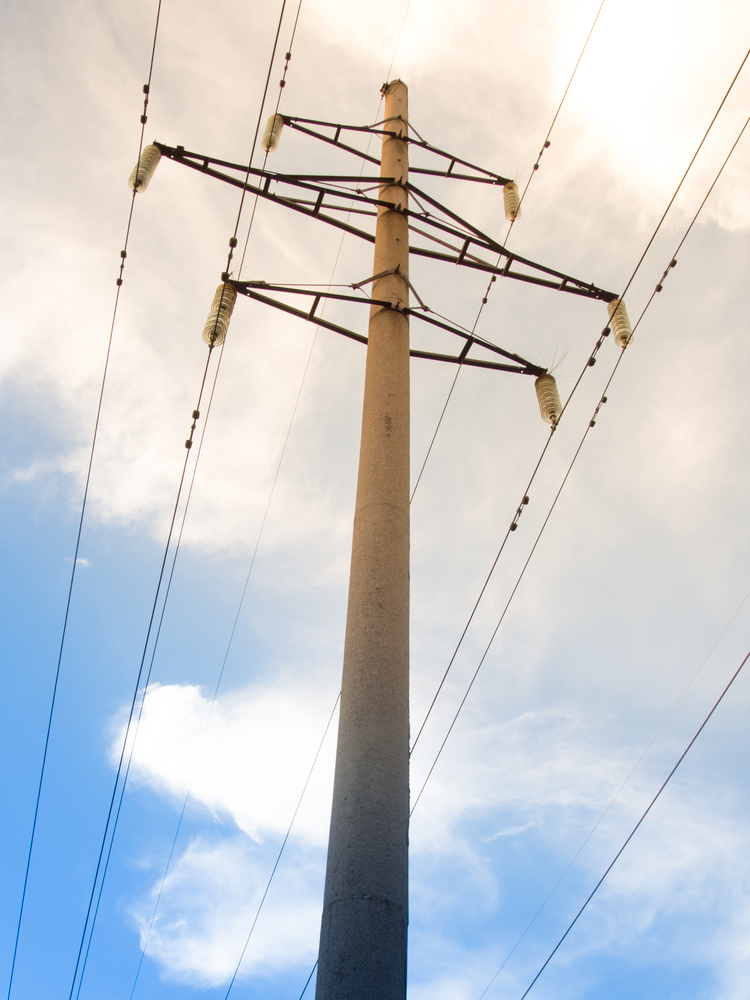Electrician
September 29, 2016 buildyourpath_wpAbout the job
Electricians install electrical systems including lighting and control systems for public and private clients.


What you'll do
Most public and private locations use some sort of electrical power for lighting, communication systems, appliances, and sound systems. Any system that involves electrical wiring is usually installed and maintained by an electrician. Installing these systems while buildings are being constructed is usually easier and less complicated than updating or renovating an existing building. Electricians need to be able to read construction documents, plans, and specifications in order to understand the location of wiring in a building.
Education
Being an electrician is considered a trade career that generally requires an apprenticeship in order to become licensed as required by law. Although the primary requirement to become an apprentice electrician is a high school diploma, many aspiring electricians attend technical school. Programs at these schools may offer specific certifications and training that count as credit toward completing an apprenticeship. Apprenticeships typically last four years, after which an apprentice can take examinations to advance to licensed journeyman status. Many go on to become master electricians; this requires additional education and professional experience.

all the other details
Types of electricans
- High-voltage work on systems that are high voltage, includingpower lines and generators.
- Residential work in residential homes by installing electrical systems, updating old systems, or diagnosing and fixing electrical problems.
Skills
Business skills
Color Vision
Manual dexterity
Critical-thinking skills
Customer-service skills
Troubleshooting skills
What you'll get paid
The average starting salary is $54,110-$60,570 but will vary depending on experience and training.